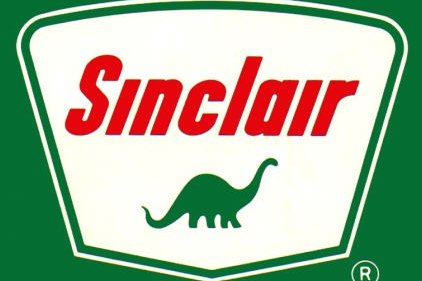 The American Public Health Association (APHA) says the EPA’s proposed new national air quality standards will save thousands of lives.
The American Public Health Association (APHA) says the EPA’s proposed new national air quality standards will save thousands of lives.
The American Petroleum Institute (API) says it could limit the industry’s ability to produce needed energy.
The standards at the center of the debate would cover fine particulate matter -- or soot.
The APHA cites what it calls “overwhelming” evidence now shows that there are negative health impacts at lower levels of pollution than previously thought. Fine particulate matter or PM2.5, one of the most dangerous forms of air pollution, can penetrate deep into the lungs and possibly cause premature death, heart attacks, strokes and childhood asthma. Due to recent Clean Air Act rules that cut pollution, 99 percent of U.S. counties are projected to meet these new proposed standards without taking additional action.
“We applaud EPA for taking a step in the right direction to reduce particulate matter exposure and safeguard public health,” said Georges Benjamin, MD, FACP, FACEP (E), executive director of APHA. “We look forward to the agency setting strong final standards to protect people from this dangerous pollution.”
API Director of Regulatory and Scientific Affairs Howard Feldman, however, warned that the proposal could hamper investments in America’s energy future and the U.S. economy.
“Air quality will continue to improve dramatically under the current government standards, but EPA’s proposal could substantially increase costs to states, municipalities, businesses and ultimately consumers without justified benefits. We are concerned that it could come at a significant economic cost and lost investments and limit our ability to produce the energy our nation needs.
Feldman charged the EPA with basing its proposal on a “faulty” scientific analysis and said the proposal will discourage economic investment in counties that fail to meet new federal standards.
“Important scientific data have been ignored and other purported findings have been misinterpreted. A more objective review of the science would conclude that the current standards should be considered among the regulatory options to continue improving air quality.”
About the APHA
Founded in 1872, the APHA is the oldest, largest and most diverse organization of public health professionals in the world. The association aims to protect all Americans and their communities from preventable, serious health threats and strives to assure community-based health promotion and disease prevention activities and preventive health services are universally accessible in the United States. APHA represents a broad array of health providers, educators, environmentalists, policy-makers and health officials at all levels working both within and outside governmental organizations and educational institutions. More information is available at www.apha.org.
About the API
API represents more than 500 oil and natural gas companies, leaders of a technology-driven industry that supplies most of America’s energy, supports 9.2 million U.S. jobs and 7.7 percent of the U.S. economy, delivers more than $86 million a day in revenue to our government, and, since 2000, has invested more than $2 trillion in U.S. capital projects to advance all forms of energy, including alternatives.


